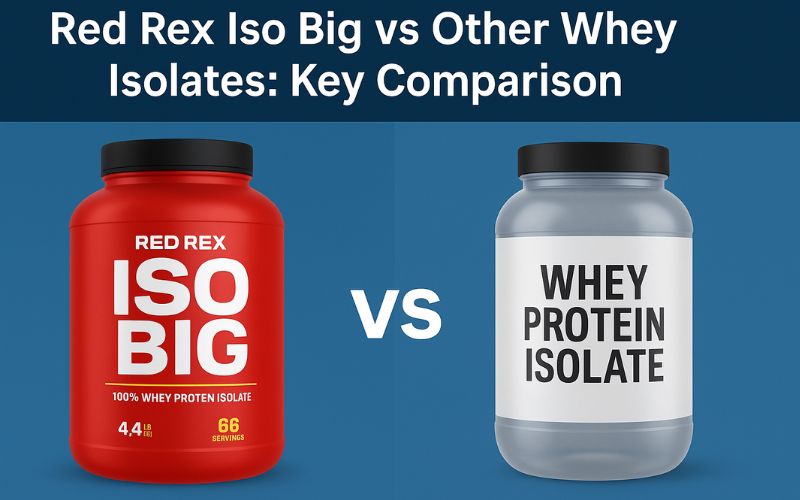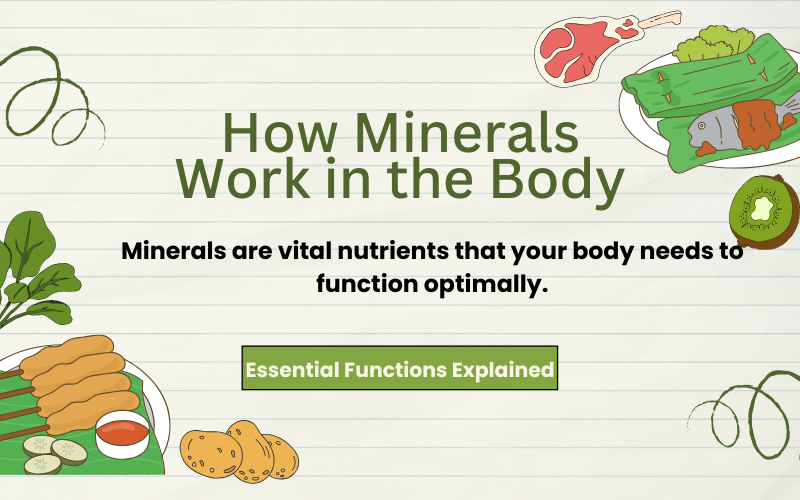How Much Protein Required in a Day: Optimal Daily Protein Intake for Health and Fitness
Protein is an essential nutrient that plays a vital role in muscle building, metabolism, and overall health. Many people often ask, How much protein required in a day? or ‘how much protein do I need per day?’ The answer depends on factors like age, activity level, and health goals. Understanding your daily protein intake and tailoring it to your needs can significantly improve your fitness and wellness journey.
Why is Protein Important?
Protein is one of the three macronutrients, alongside carbohydrates and fats. It serves as the building block for muscles, skin, enzymes, and hormones. Without sufficient protein, your body may struggle with repair and maintenance, leading to fatigue, weakened immunity, and other health issues. Understanding how much protein is needed per day ensures optimal body function and helps meet your health and fitness goals.
General Guidelines for Daily Protein Intake
The recommended protein requirement per day varies based on age, sex, activity level, and overall health. For an average sedentary adult, the recommended dietary allowance (RDA) for protein is:
- 0.8 grams of protein per kilogram of body weight.
For example, if you weigh 70 kg (154 lbs), you would need approximately 56 grams of protein daily.
For those wondering how many grams of protein per day they need, consider the following factors:
- Activity Level:
- Sedentary individuals: 0.8 grams protein per kg.
- Moderate activity levels: 1.0 grams protein per kg.
- Athletes or highly active individuals: 1.2–2.0 grams protein per kg.
- Goals:
- Weight loss: 1.2–1.6 grams protein per kg to preserve muscle mass.
- Muscle building: 1.6–2.2 grams protein per kg.
- Age:
- Older adults may require 1.0–1.2 grams protein per kg to prevent muscle loss.
How to Calculate How Much Protein You Need
To calculate how much protein you need per day, follow these steps:
- Find Your Weight in Kilograms:
Divide your weight in pounds by 2.2 to get your weight in kilograms. - Choose Your Protein Goal:
Multiply your weight in kilograms by the appropriate protein multiplier (e.g., 0.8 for sedentary, 1.5 for active individuals).
For example, a 70 kg individual who is moderately active might aim for:
70 kg × 1.5 = 105 grams of protein daily.
This answers the common question, “How many gm of protein per day do I need?”
Protein for Specific Groups
1. Athletes and Bodybuilders
Athletes have higher protein needs per day due to increased muscle repair and energy expenditure. They typically require 1.6–2.2 grams of protein per kg to optimize muscle recovery and growth.
2. Pregnant and Lactating Women
Protein needs increase during pregnancy and breastfeeding. The RDA recommends an additional 25 grams of protein daily to support fetal and maternal health.
3. Older Adults
As muscle loss occurs with aging, older adults benefit from higher protein intake, around 1.2 grams protein per kg daily.
Can You Eat Too Much Protein?
While meeting your daily protein requirement is crucial, excessive protein intake may strain your kidneys or lead to unnecessary calorie consumption. However, for most healthy individuals, consuming up to 2.2 grams protein per kg is safe.
Foods That Meet Your Protein Needs
Incorporating a variety of protein-rich foods ensures you meet your protein requirement per day. Some excellent sources include:
Animal-Based Protein:
- Chicken breast (31 grams per 100 grams)
- Eggs (6 grams per egg)
- Salmon (25 grams per 100 grams)
- Greek yogurt (10 grams per 100 grams)
Plant-Based Protein:
- Lentils (9 grams per 100 grams)
- Quinoa (8 grams per cup)
- Chickpeas (7 grams per 100 grams)
- Tofu (10 grams per 100 grams)
Whey protein is one of the most efficient and versatile sources of protein. Discover the top 10 benefits of whey protein to learn why it’s a favorite among fitness enthusiasts. To ensure balance, pair proteins with carbohydrates and fats for a well-rounded diet.
Tips to Meet Your Daily Protein Intake
- Start Your Day with Protein:
Include eggs, Greek yogurt, or a protein smoothie for breakfast. - Snack Smart:
Opt for nuts, seeds, or protein bars to keep hunger at bay. - Prioritize Protein at Every Meal:
Ensure each meal includes a serving of protein-rich food. - Use Protein Supplements:
For individuals with high protein needs per day, protein powders can help. Look for options like whey, casein, or plant-based powders.
Protein Intake for Weight Loss and Muscle Gain
- For Weight Loss:
A high-protein diet can reduce hunger and support fat loss while preserving muscle. Aim for 1.2–1.6 grams protein per kg. - For Muscle Gain:
Strength training paired with adequate protein intake is key. Aim for 1.6–2.2 grams protein per kg to maximize muscle growth.
Common Myths About Protein Intake
- “You Need Protein Only if You Exercise”:
False. Protein is essential for everyone, even sedentary individuals. - “High Protein Damages Kidneys”:
For healthy individuals, there’s no evidence linking high protein diets with kidney damage. - “All Proteins Are Equal”:
Animal-based proteins are complete, but plant-based proteins may require combining sources for a full amino acid profile.
Conclusion
Understanding how much protein per day you need is vital for achieving your health and fitness goals. Whether you’re calculating your daily protein requirement for general health, weight loss, or muscle gain, ensuring you consume the right amount can make all the difference.
By incorporating the recommended grams of protein per kg into your diet and choosing varied protein sources, you can support your body’s needs effectively. If you’re still unsure how much protein do I need, consulting a dietitian can provide personalized recommendations.









Add comment